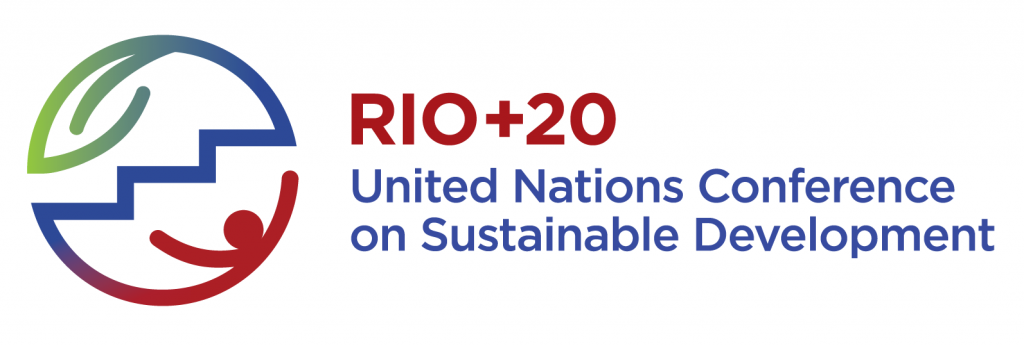
The «RIO-20» United Nations Conference on Sustainable Development took place in Rio de Janeiro on 20-22 June 2012. 20 years after the «Earth Summit», world leaders met once more in Brazil to make important decisions in the sphere of sustainable development, including in the education system, which are decisive for the future of our planet.
To ensure the sustainable development of our planet, it is vitally important to become aware of the objectivity and importance of such transformation processes that are currently occurring in the world. The participants of the «RIO+20» Conference appealed with the call to the world public to focus particular attention on the key role of education in the spreading of the idea of sustainable development. A fundamental base of modern education, as has been stated, should be the awareness and informing of people of the importance of global challenges, which the people of the world are now facing.
The Education Internationale compiled by the participants of the worldwide forum stressed the necessity if changing the very paradigm of social order, the global expansion of which largely depends on the education system. In their turn, the goals of the development of the latter should reflect the priority of the qualitative improvement of national models of economic systems and their reorientation to the principles of sustainable development. Currently it is very urgent not only to rescue and protect the environment, but also to revive the spiritual values, which will promote productive interaction between people.
In an exclusive interview for the mass media, Elizabeth Thompson, the Executive Coordinator of the «RIO+20» Conference, noted that: «Education is transformative. We must build learning societies around the concept of sustainable development and get people to transition from the brown economy to the green economy. And to change their practices and attitudes – that can only happen through education, both formal and informal education».
According to the results of the Conference about 200 universities from 50 countries had signed up to the initiative of the implementation of the concept of sustainable development into the study process. «Teaching sustainable development in the university and business school system across all disciplines, so that every graduate understands what sustainable development means in terms of their area of enterprise and activity» – noted Elizabeth Thompson.
According to the results of a forum, university leaders agreed to sign a joint declaration and establish a special institution, which would promote the integration of the principles of sustainable development in education. The Declaration contains a range of key positions, which determine the readiness and willingness of universities to cooperate in the following areas:
1. Expansion of knowledge on the concept of sustainable development
Teaching the concept of sustainable development and ensuring that relevant material comprised part of the fundamental teaching program of all disciplines, allowing future university graduates to develop competencies, necessary for the revival of the workforce and human capital, responsible for sustainable development. Educational establishments also declare their readiness to train professionals-practical workers in this sphere.
2. Support of scientific research in the sphere of sustainable development
Encouraging the research of sustainable development, for the purpose of attaining a better scientific understanding of issues by relevant circles and ensuring an efficient exchange of scientific knowledge on its basis, including their transformation into new and innovative technologies.
3. The establishment of green campuses
Ensuring the ecological status of university campuses by means of: improving the efficiency of the use of energy, water and material resources in buildings; providing students and the teaching staff with the academic mobility capacities, based on the principles of sustainable development; the approval of efficient programmes for the minimizing, recirculation and recycling of waste.
4. Support of efforts for ensuring sustainability in communities
The necessity to build a model for the cooperation of communities with the local authority is declared, which would establish efficient communities as regards the use of resources with the high level of social integration that are inherent in them and an insignificant «ecological footprint» (minimal ecological consequences from vital activity).
5. Participation in international framework initiatives for sustainable development and the sharing of their results
It is expected that the obligations, which have been undertaken by the chancellors and deans of universities when signing the Declaration, will be executed by virtue of the development and successful implementation of a sustainable development strategy at higher education establishments.
Prepared based on the following materials: From Rio to Rio: A 20-year Journey to Green the World’s Economies.
Comments are closed.